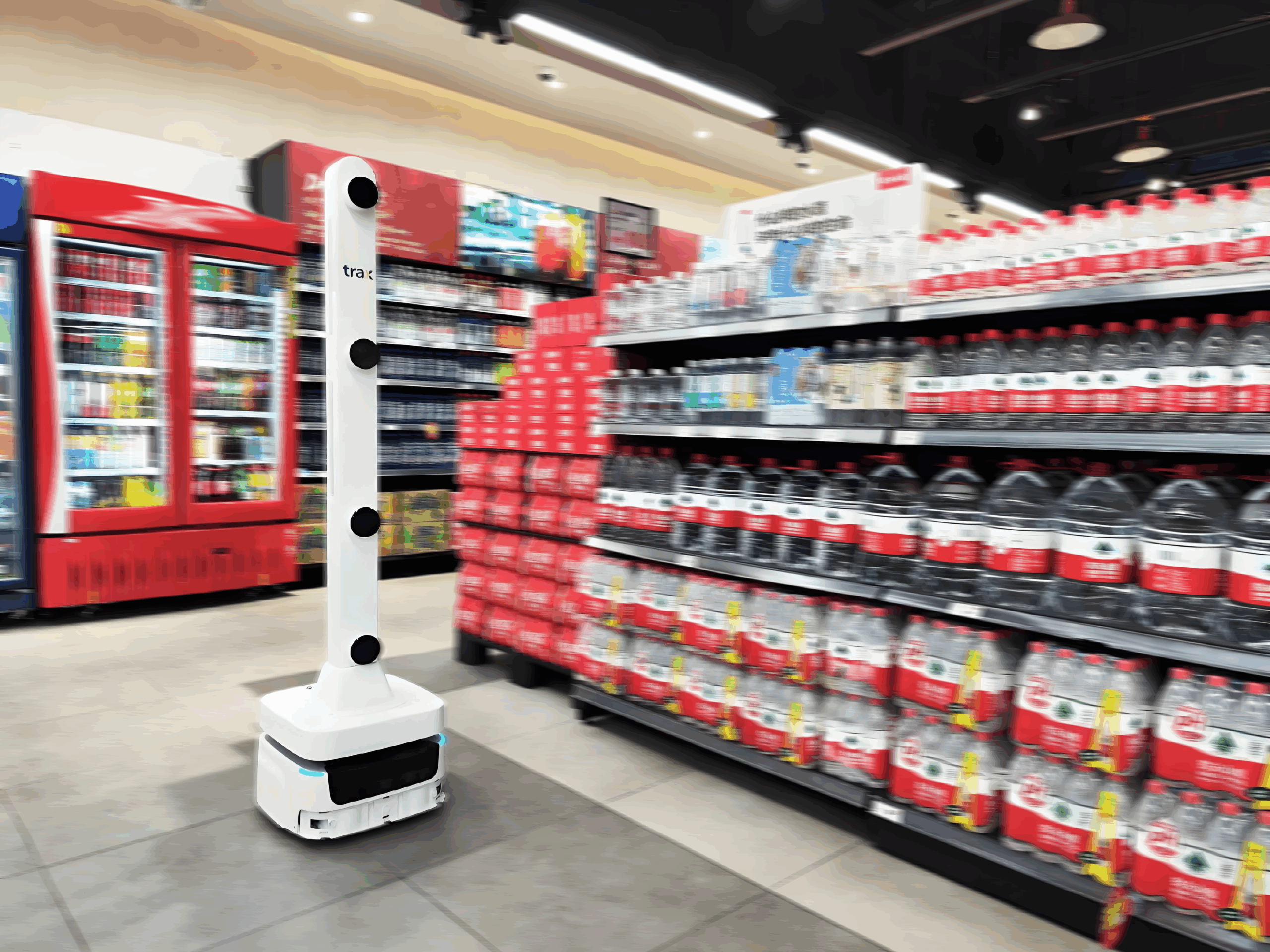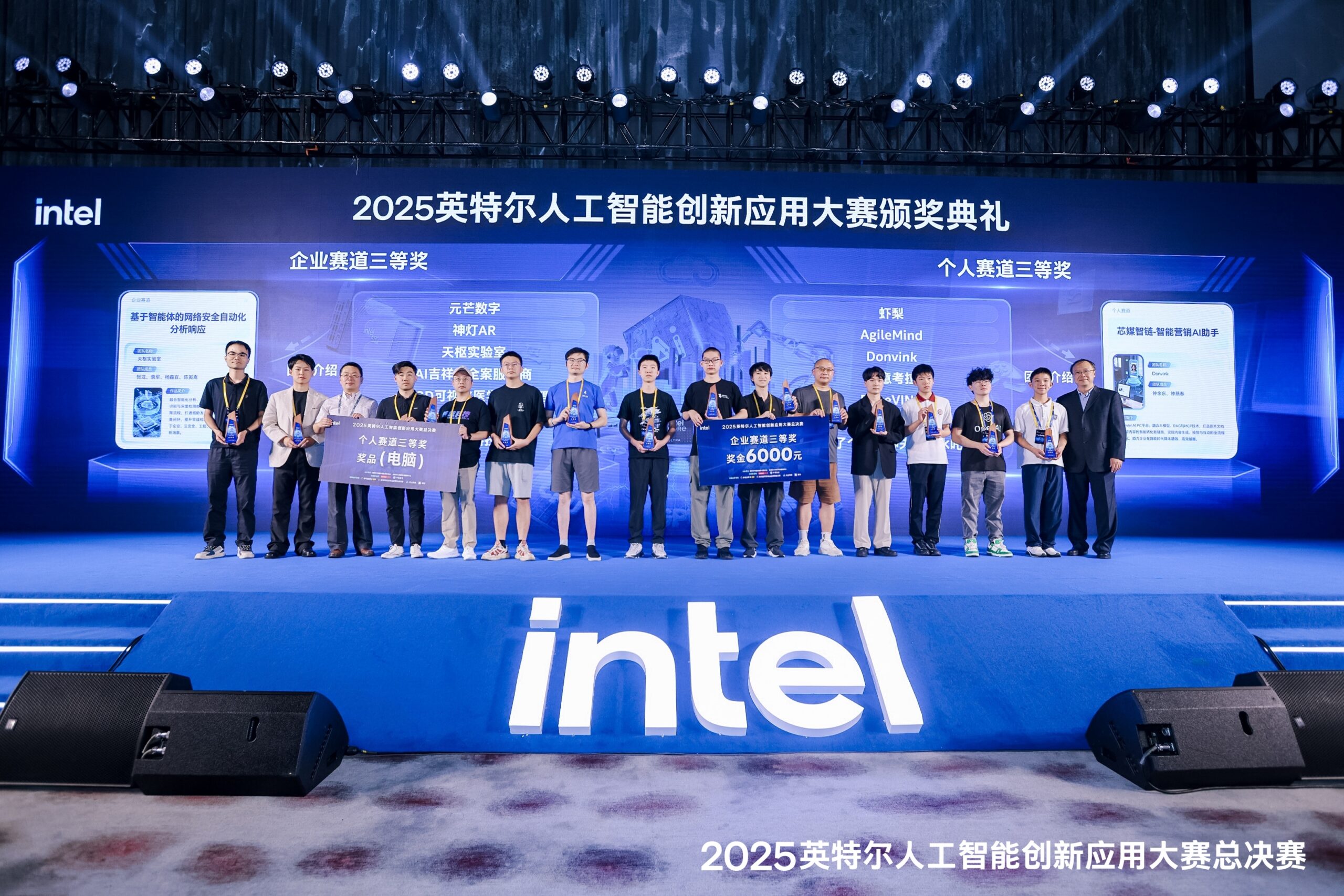table of contents
6 Key Benefits of AI-Powered Virtual Assistants in Retail
In recent years, artificial intelligence (AI) has become a driving force in transforming industries, and the retail sector is no exception. One of the most impactful innovations is the use of AI-powered virtual assistants. These intelligent systems use advanced AI technologies like conversational AI, natural language processing (NLP), and machine learning to simulate human-like conversations and provide more efficient, personalized service to customers.
AI-powered virtual assistants are designed to handle routine inquiries, manage complex workflows, and perform a variety of tasks that streamline operations. Unlike traditional rule-based chatbots, these AI assistants can go beyond predefined scripts, understanding user intent and offering a more natural and engaging communication experience.
In this article, we’ll explore the key benefits of AI-powered virtual assistants in retail, particularly in supermarkets, and how they are transforming both customer service and operational efficiency.
1. 24/7 Availability for Enhanced Customer Service
One of the most significant advantages of AI-powered virtual assistants is their round-the-clock availability. Supermarkets and retailers can offer customers the ability to access information and assistance at any time of the day or night. This constant accessibility is particularly valuable for late-night shoppers who need immediate responses to inquiries or have questions about product availability or promotions.
AI assistants ensure that customers can always find the help they need, leading to higher satisfaction and trust. Whether it’s during a busy shopping period or at an odd hour, customers can rely on the AI to provide instant support, making their shopping experience more convenient and less stressful.
2. Personalized Shopping Assistance
AI-powered virtual assistants excel at offering personalized recommendations by analyzing customer data, preferences, and past shopping behaviors. This personalization can significantly enhance the shopping experience, especially for customers with specific needs.
For example, an AI assistant can help a customer with dietary restrictions, such as gluten-free needs, by recommending products that meet their requirements. Through integration with augmented reality (AR) apps, the assistant can even guide customers in-store to locate products easily.
This personalized service not only saves time for customers but also improves their overall experience, fostering loyalty and encouraging repeat visits. By tailoring suggestions and providing relevant advice, supermarkets can ensure that their customers feel valued and understood.
3. Improved Efficiency and Cost Savings
AI-powered virtual assistants can drastically improve operational efficiency and reduce costs for supermarkets. By automating routine tasks such as answering common customer questions, providing store information, or handling appointment bookings, these assistants free up human employees to focus on more complex, value-added activities.
Moreover, AI can be integrated into inventory management systems to predict demand more accurately, optimize stock levels, and streamline logistics. This minimizes waste and ensures that popular products are always in stock, leading to improved customer satisfaction and fewer stockouts.
For supermarkets, the operational cost savings from automating tasks can be reinvested into improving other aspects of the business, making AI a crucial asset in both customer service and back-end operations.
4. Valuable Customer Insights
AI-powered virtual assistants collect valuable data from every customer interaction, offering retailers deep insights into customer preferences, behaviors, and pain points. This data can be analyzed to improve product assortments, adjust store layouts, refine marketing strategies, and enhance overall service offerings.
For instance, by understanding which products are frequently searched for or purchased together, supermarkets can optimize their shelf placements and promotional offers. AI-driven analytics also help predict shopping trends, allowing retailers to stay ahead of customer demands and anticipate future needs.
These insights help supermarkets build stronger relationships with their customers, creating more targeted marketing campaigns and a more enjoyable shopping experience.
5. Seamless Omnichannel Integration
AI virtual assistants are not limited to providing customer service in a single channel; they can be seamlessly integrated into both online and in-store platforms. Whether customers are shopping through a website, mobile app, or even interacting with an in-store kiosk, they can receive the same personalized experience from the AI assistant.
This omnichannel integration ensures that the customer journey remains consistent, whether customers are browsing products online or in-person. The AI assistant can even help customers complete their purchases across different channels, enhancing convenience and building loyalty.
As more consumers expect a seamless and unified experience across devices, AI-powered virtual assistants provide the technology that meets these expectations and ensures retailers stay competitive.
6. Innovative In-Store Experiences
Beyond customer service, AI-powered virtual assistants are transforming the in-store experience. By integrating AI with technologies such as smart shelves, cashierless checkout, and AR product displays, retailers can offer innovative shopping experiences that attract tech-savvy consumers.
For example, AI assistants can guide customers through the store, answer product-related questions, and help locate specific items quickly. By using AI to create frictionless, immersive experiences, supermarkets can set themselves apart from competitors and provide a more engaging and enjoyable shopping environment.
These innovative solutions not only improve the customer experience but also help supermarkets enhance operational efficiencies by automating tasks like stock monitoring and checkout processes.
What Does the Future Hold for AI-Powered Virtual Assistants in Retail?
As AI technology continues to evolve, virtual assistants are expected to become even more sophisticated. With improvements in natural language understanding and emotional intelligence, future AI assistants will be able to offer hyper-personalized experiences, anticipating individual customer needs and providing proactive recommendations.
Moreover, the integration of AI with IoT devices and smart home assistants will allow customers to interact with their favorite supermarkets across multiple platforms, creating a truly seamless experience. This will further drive the digital transformation of the grocery industry, enabling retailers to innovate, operate more efficiently, and stay customer-centric.
Conclusion
AI-powered virtual assistants are revolutionizing the retail experience, particularly in supermarkets. From providing 24/7 support and personalized shopping assistance to improving operational efficiency and offering valuable customer insights, the benefits are clear. As these systems continue to evolve, AI assistants will play an increasingly important role in transforming retail environments, creating smarter, more efficient, and customer-friendly shopping experiences.
By embracing AI technology, supermarkets and retailers can stay ahead of the competition and ensure that their customers receive the best possible service both online and in-store. As the future of retail moves further into the digital age, AI-powered virtual assistants will be at the forefront of this transformation, driving innovation and enhancing the customer journey.



